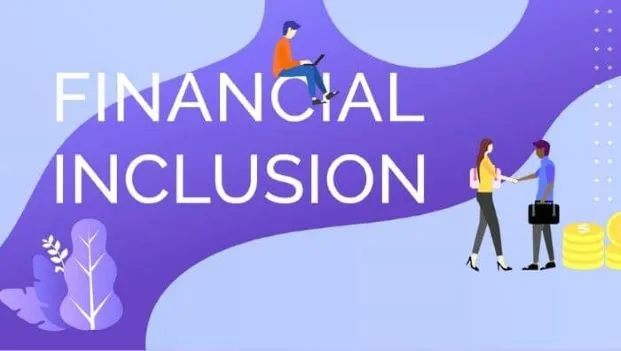A new report by the World Bank highlights the pivotal role fintech companies play in bridging Nigeria’s financial inclusion gap through mobile money, digital payment platforms, and wallets.
The report suggests that Africa’s financial services market could expand by approximately 10 per cent annually, reaching $230 billion in revenues by 2025, with Nigeria’s fintech sector contributing about one-third of this market.
Read also: Fiter’s Impact on Nigerian Fintech Landscape
Fintech Startups Bridging Financial Gaps Amidst Challenges
Despite this promising growth, the report underscores a significant challenge: about half of Nigeria’s adult population remains unbanked or underserved. This is primarily due to the limitations of traditional banking infrastructure, especially in rural and underserved areas where physical bank branches are either scarce or nonexistent.
As highlighted by the World Bank, one of the key players in this sector is Quickteller Paypoint. This agency banking platform, launched by Interswitch, serves as a crucial enabler of financial inclusion. According to the International Finance Corporation, agency banking involves traditional banks partnering with local businesses or individuals, known as agents, to offer essential financial services such as cash deposits, withdrawals, and payments.
To reach a broader client base, fintech companies in Nigeria are increasingly collaborating with traditional banks to develop services tailored to the evolving needs of Nigerian consumers and businesses. These offerings combine traditional banking products, such as savings accounts and bill payments, with innovative tech solutions, including lending platforms, virtual investment advisors, digital insurance products, and digital remittance solutions.
Sub-Saharan Africa Leading Mobile Money Adoption
A GSMA report further emphasises the significant impact of fintech in Sub-Saharan Africa (SSA), noting that the region continues to lead global mobile money adoption, largely thanks to Nigeria, Ghana, and Senegal. In 2023, SSA’s mobile money market was valued at $912 billion.
Read also: World Bank Funds Ghana $250 Million and Nigeria $2.25 Billion
“Mobile money growth has contributed to a rise in digital payment use in the country and has improved access to digitally enabled services,” the GSMA report notes.
Mats Granryd, director general of GSMA, added, “Today millions of users are making or receiving payments, taking out productive credit to meet short-term financing needs, paying for government services, or accessing savings and insurance products to protect themselves from shocks.”
The World Bank’s report and the GSMA’s findings collectively highlight the transformative potential of fintech in Nigeria, showcasing how digital innovation drives financial inclusion and economic development across the nation. With continued growth and strategic collaborations, Nigeria’s fintech sector is poised to narrow the financial inclusion gap significantly, bringing essential financial services to millions of underserved Nigerians.





One response to “Fintechs pioneering financial inclusion in Nigeria, says World Bank report”
[…] Read also: Fintechs pioneering financial inclusion in Nigeria, says World Bank report […]